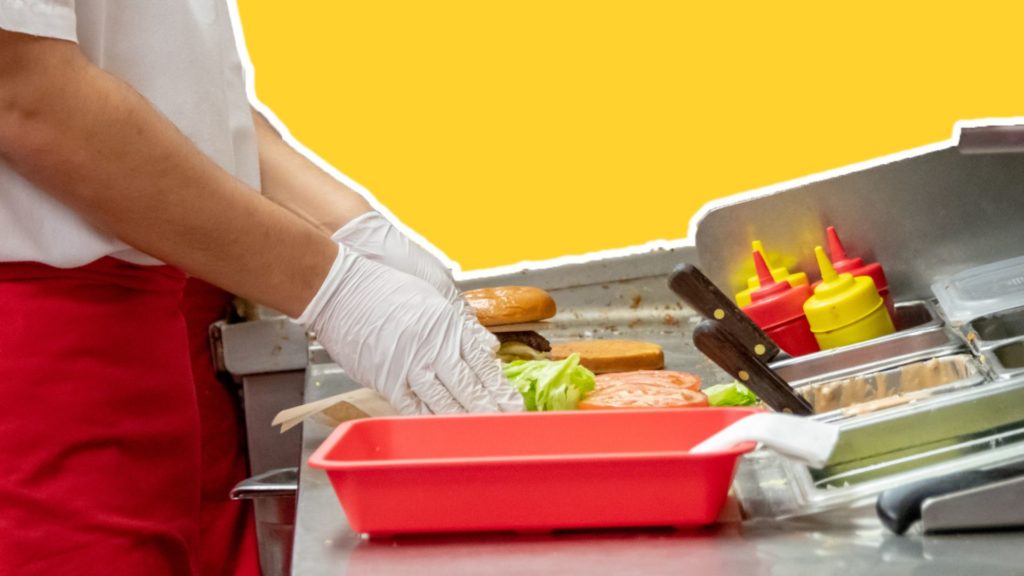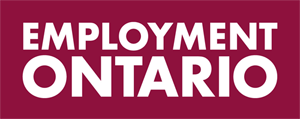Searching for a new job takes time, preparation, and patience. Many jobseekers find it takes a little while before they even land their first job interview.
But the good news is there are lots of companies throughout Ontario hiring right now, especially in the food and beverage processing industry.
CareersNOW! Jobseeker Coach, Jason Wilson knows this industry and the challenges jobseekers face all too well. He has over 20 years of experience in the manufacturing sector in a variety of roles, such as team leader, supervisor & plant manager. He’s also spent seven years as a recruitment consultant for the industry.
Most recently, Jason was a Program Coordinator with Four County Labour Market Planning Board’s Connect2SKILLS Project to provide training, coaching, mentoring, and job placement support to participants with barriers to employment.
We chatted with Jason about what to expect working in the food and beverage processing industry, and his best job interview tips to help you land your next job!
What kind of working conditions can you expect in food and beverage processing?
Depending on the company and what they make, you can expect to work in hot and/or cold environments. Most positions are fast-paced, detailed oriented with important safety protocols that you’ll need to follow.
That being said, the work can be lots of fun because you will be exposed to a lot of cool technology and equipment within the industry.
What hours can you expect to work in the food and beverage processing industry?
It depends on what type of role you will be working. Production, quality, maintenance, and shipping/receiving associates can expect to work a variety of shifts. Day shifts are typically 7 a.m. to 3:30 p.m., afternoons are typically 3:30 p.m. to 11 p.m., and night shifts are from 11 p.m. to 7:30 a.m.
But some people may work 10-hour shifts or continental shifts. People in some specialized roles typically work day shifts from 8 a.m. to 4:30 p.m.
What are wages like in the industry?
The average wage right now is $21/hour for production associates to start. I have seen postings for production technicians up to around the $32/hour mark. Administration-type roles on average start around $18/hr.
A great thing about the food and beverage processing industry is there are many opportunities for growth, equaling higher wages.
Is there room to grow in the industry even if someone starts in an entry-level position?
Absolutely! There are so many directions one can take their career in food and beverage processing. There are opportunities to advance into specialized roles, leadership, and various other departments.
The key is to, most importantly, have great attendance. Your employer loves employees that show up to work consistently, and everything else will fall into place as you grow professionally. Your first three months should be a lot of listening, learning, and asking a lot of questions.
What are the key things jobseekers should highlight on their resume?
Assuming you are a recent graduate, it’s key to highlight any projects you worked on that could be industry or role-specific to the types of jobs you are applying for, including any volunteer work you did.
You will also want to include any key skills you might have, whether technology-related or hands-on. It’s very important to have all this key information on the top half, first page of your resume. Make yourself stand stand-out! Don’t be generic. Instead, be unique and detailed.
What common questions should jobseekers be prepared to answer in a job interview?
The tricky one is when they ask, “tell me about yourself?” This question is intended only to hear about your education, work history, accomplishments/achievements, volunteer stuff, career goals and nothing personal.
What questions should a jobseeker ask a company during a job interview?
- What benefits are offered?
- What would your starting pay rate be and how long does it take to get to full wage?
- Do they offer financial assistance for continuing education related to your career path with the company?
- Have them describe their company culture.
- What would be your hours of work?
- Why should you work for their company?
- What makes them stand out from other companies?
- What is the company’s five-year plan, and are there opportunities for growth?
- (If the interview went really well, and is wrapping up) ask when you can start?
Also, don’t be afraid to ask for a plant tour if one hasn’t been offered.
What are common mistakes people make in a job interview?
Showing up right on time or late. You should always show up to an interview 15 minutes early. If you smoke, don’t smoke just before going into an interview.
Another common mistake jobseekers make is doing no research on the company they’re interviewing for. Always do some research beforehand, bring a notepad and pen with key highlights from your research to ask about, and have other questions, like in the above question, written down so you can take notes.
Make eye contact with the interviewer throughout, sit up straight, and enjoy it! Always remember, you are interviewing them as much as they are you.
Is there any free or affordable training jobseekers can take to help them land a job in food and beverage processing?
You bet there is! Food and Beverage Ontario’s CareersNOW! initiative offers amazing free Job Ready skills training courses specifically for food and beverage processing. These are courses funded by the government of Ontario at no cost to you. Employers will love to see industry-specific training on your resume.
Want more job interview tips from Jason?
Book a FREE 30-minute coaching session with him today!
Jason can coach you on the following:
- What to expect when working in the food and beverage processing environment
- Setting career goals
- Job search planning & execution
- Job Interview preparation (including mock interviews!)
- Creating a great resume
- And more!
Book your session over on the CareersNOW! website.






